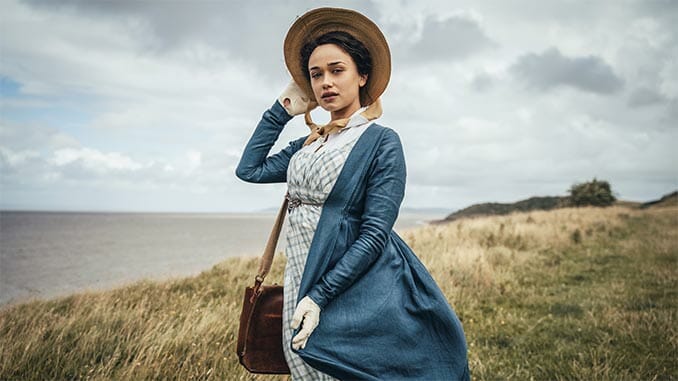Sanditon: Rose Williams on Charlotte’s Journey and Returning for Season 2
Photo Courtesy of PBS Masterpiece
The second season of Sanditon is almost here, and fans couldn’t be happier. Based on the unfinished novel of the same name by Jane Austen, the PBS Masterpiece show was brought to life by Andrew Davies, who built a world around the 11 finished chapters of Austen’s novel. The fate of the series, which is set in a picturesque beach town, was unknown as Season 1 drew to a close in the U.S. in early 2020. But fans rallied, and Season 2 was eventually announced.
Sanditon officially returns Sunday, March 20, and to mark the occasion, Rose Williams—who plays heroine Charlotte Heywood—talks to Paste about the character’s journey in Season 2, how the world has evolved for women, and gives a shout-out to her fans.
![]()
Paste: Let’s talk Sanditon Season 2. It starts out sad. Is there any hope for your character?
Rose Williams: Oh, 100 percent!
Paste: What’s it like coming back from the sadness?
Williams: I think it’s just reflective of the truth and Jane Austen’s life and with all of the Austen heroines. The one that connected to me the most is—and has always been—Anne Elliot from Persuasion, because the story opens and she’s experienced, she’s had all of this emotional experience. For me, [it] makes her more relatable from the start. And Austen herself—she loved and lost. Without giving too much away, yes, there is hope for this character. But I think what was really interesting for me was to explore how this young woman processes not only her grief for losing the man that she fell in love with, but also how that informs her relationship with how she wants to proceed in society. But she’s basically decided “love isn’t for me, my quest and my passion is to seek independence and to fight my way through this world, which isn’t built to empower young women.” So, in answer to your question, I think 100 percent there’s hope.
Paste: Yes, but it’s definitely more—it’s more work than a woman in America just being like, “Yeah, I’m done with dating.” What’s it like working through those times where she’s coming up against people who don’t want her to be independent?
Williams: Oh yeah, it’s practically impossible. Marriage equals security. She has the responsibility of her entire family, her younger brothers and sisters. At the time, legally, it was near impossible to earn money other than becoming, per se, a governess. To seek work as a woman was something that was incredibly difficult, and when it came to marriage, all of the woman’s rights would go over to the man. Is this just a position where marriage equals financial security? At the same time, any assets that the woman had—financial assets—would become the man’s. Like the father walking the woman down the aisle, that comes from handing over ownership of the woman and ownership of her and all of her assets. So it’s this weird combination of security and constriction. So yes, it would have been near impossible to forge a path alone, and it was very heavily looked down upon—still kind of is today. I think that these themes are still important to talk about. Women that decide that they don’t want to get married or have kids, there’s still that cultural kind of conversation. But yeah, it was a difficult thing to do, but she’s definitely resolved in her opinion.
Paste: One thing that’s different about Season 2 is that it is a new story. Sanditon—that’s an unfinished story that the show took characters from and ran with. But now Season 2 is Austen’s characters, but a completely unique story. Is that correct?
Williams: Yeah, absolutely. So, Jane wrote 11 chapters, and around about halfway through Season 1, Episode 1, that story had finished and Andrew’s vision took flight. So, it’s very much a Jane Austen-inspired show. Core themes of her works and archetypes and characters—there’s a closeness to her essence, but it’s very much an imagined universe, with inspiration from what Jane was trying to say. So, it is a Jane Austen-inspired piece now, yes.